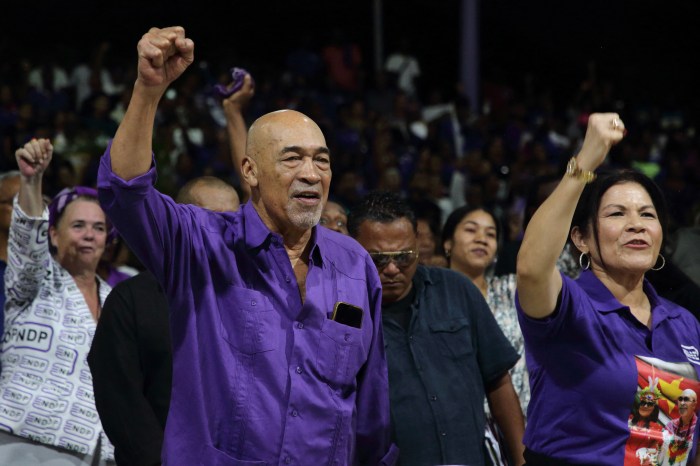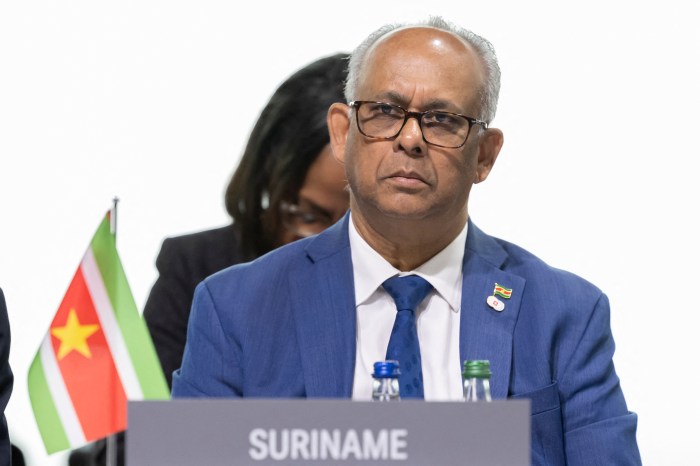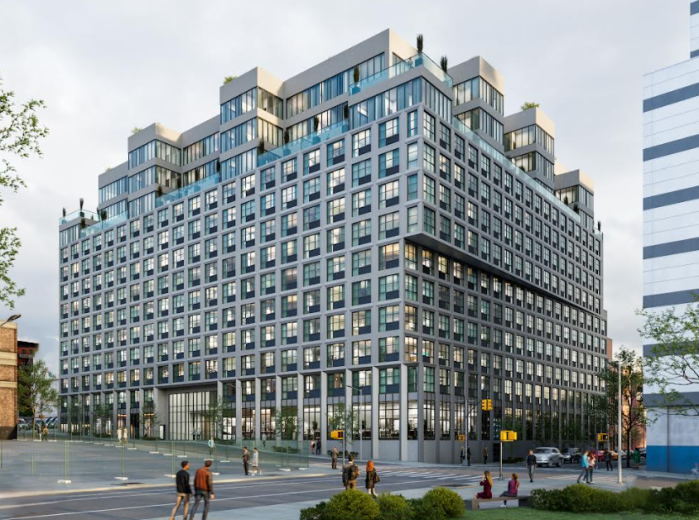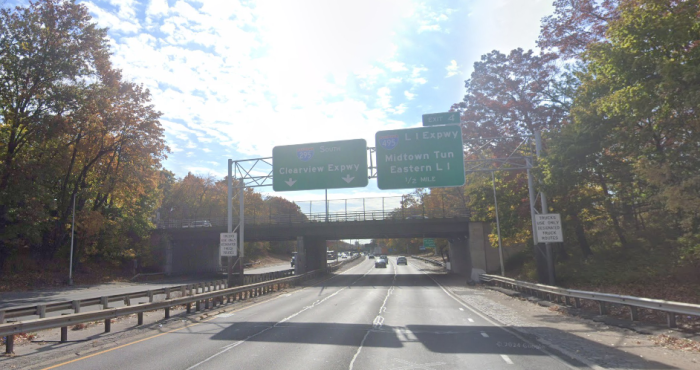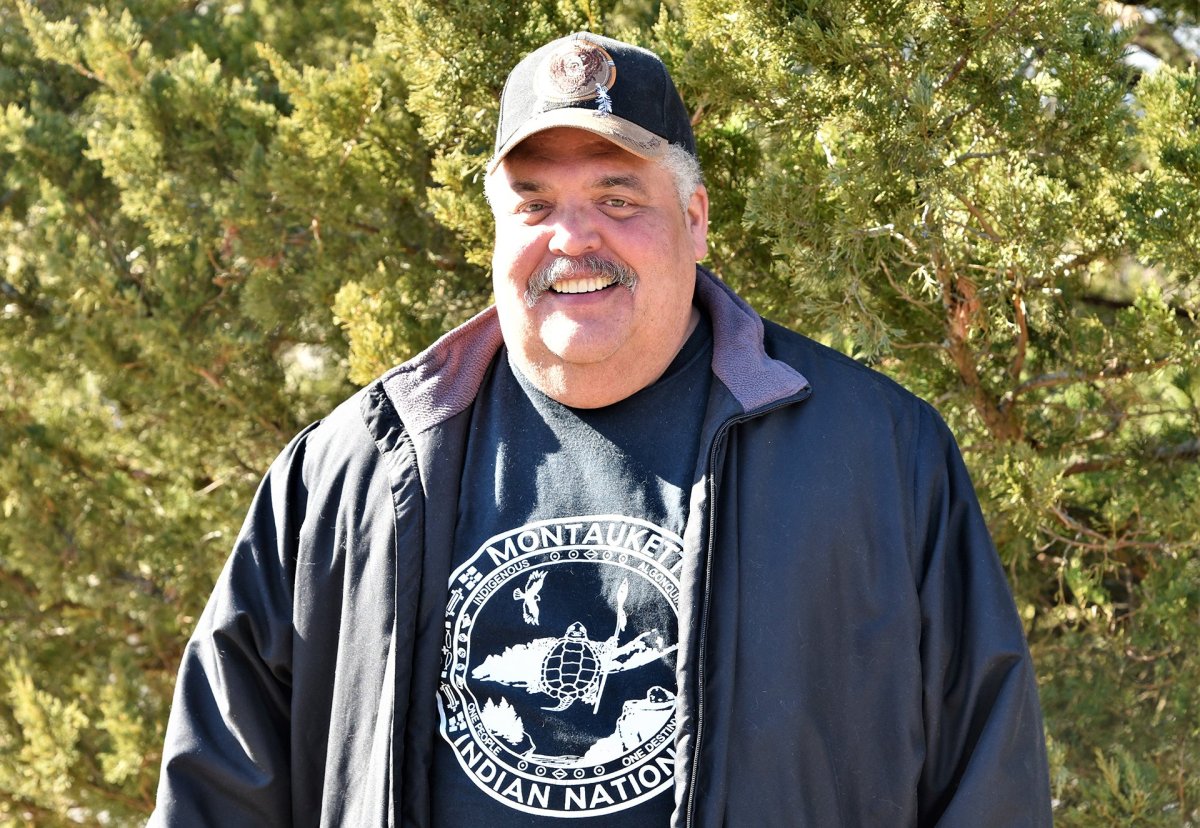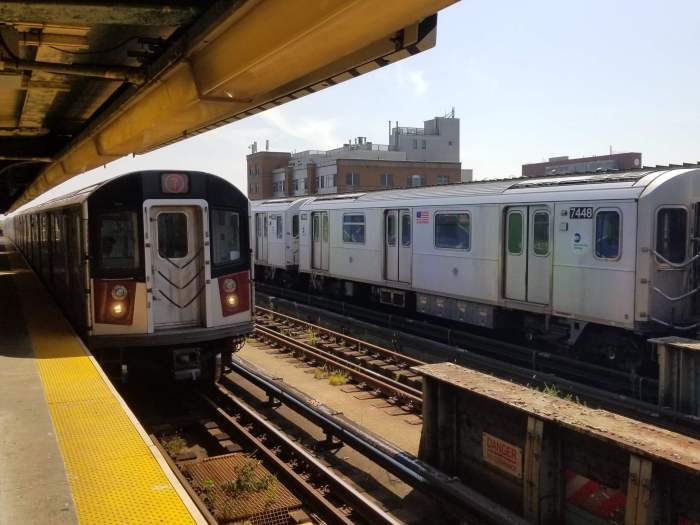A major row has erupted in Dutch-speaking Suriname over a proposal by a small group of parliamentarians to grant an amnesty for war crimes committed during the turbulent 12-year period from the 1980 military coup which, if approved, will wipe away the December 1982 executions of 15 government critics and the near decimation of a southeastern village near French Guiana, among other atrocities.
But while the Mega Combination coalition group of former military strongman, now the elected president of the republic, Desi Bouterse has an easy working two-thirds majority in the 51-seat assembly, it has made it clear it wants some kind of consensus before any vote on amnesty for the period is approved.
The ‘offending’ period will cover the February 1980 coup when then Sgt. Desi Delano Bouterse and a group of military officers and subordinates overthrew the elected Henck Aaron government at the wrong end of a series of disputes between the military and authorities.
The issues had included a quarrel over demands by the military to be represented by a labor union, unheard of in neighboring Caribbean Community member states of which Suriname has since become a member.
Any parliamentary amnesty will also cater for the unprecedented December 1982 executions of 15 government critics at an old Dutch fort on the Surinamese river that is less than 200 yards from the Assembly Building where a vote could be held in the coming weeks if the Mega Combination goes ahead with plans.
But while various civil society groups, individual critics and opposition figures have railed against the possibility of the coup-makers and 1982 protagonists escaping possible jail time under cover of an amnesty, others like former Army Officer Edgar Ritfeld who, like President Bouterse is on trial for the executions, wants “to be freed by the court rather than be let go by an amnesty” because he said he is innocent of murder charges.
The move to get parliamentary pardons for nearly 25 mostly ex-soldiers, has come as the four-year mass murder trial of Bouterse and the rest appears to be nearing an end and as some witnesses have directly fingered Bouterse for being at the scene and even giving orders to execute some of the journalists, clergymen, labor leaders and academics who died on Dec. 7-8, 1982.
Bouterse has always denied giving any such orders but has said that as the then boss, he has to accept ”collective responsibility” for those events. If February 1980 and December 1982 are not important enough dates in local history, the country’s main advocate lobby, the Moiwana Human Rights Organization of Suriname says that it is “surprised and disappointed” that any assembly forgiveness will include the 1986 slaughter of Moiwana Maroon Village by soldiers chasing anti-government rebels operating from across the river in neighboring French Guiana.
More than 50 elderly men, women and children were killed because of the perception that they were assisting rebels, then led ironically, by now Bouterse ally and Mega Combination legislator Ronnie Brunswijk.
The main opposition New Front Coalition of former President Ronald Venetiaan also says it plans to oppose the amnesty proposal.
“Let it be clear that I am absolutely against the granting of amnesties for serious human rights violations,” says New Front spokeswoman and veteran parliamentarian Ruth Wijdenbosch,” noting that for “laws are the same between politicians and the man/woman of the streets.”
Both the party and Moiwana argue that now that a trial verdict nears an end and after the last set of witnesses definitively fingered Bouterse and other key players now in government for 1982, a play is being made to wipe away all sins that they totally disagree with.
The result is that everyone now awaits the ruling of the court. Tensions were heightened in Paramaribo last week when the court visited the fort to get a better sense of what went on during that morbid period of 24 hours more than 30 years ago.


